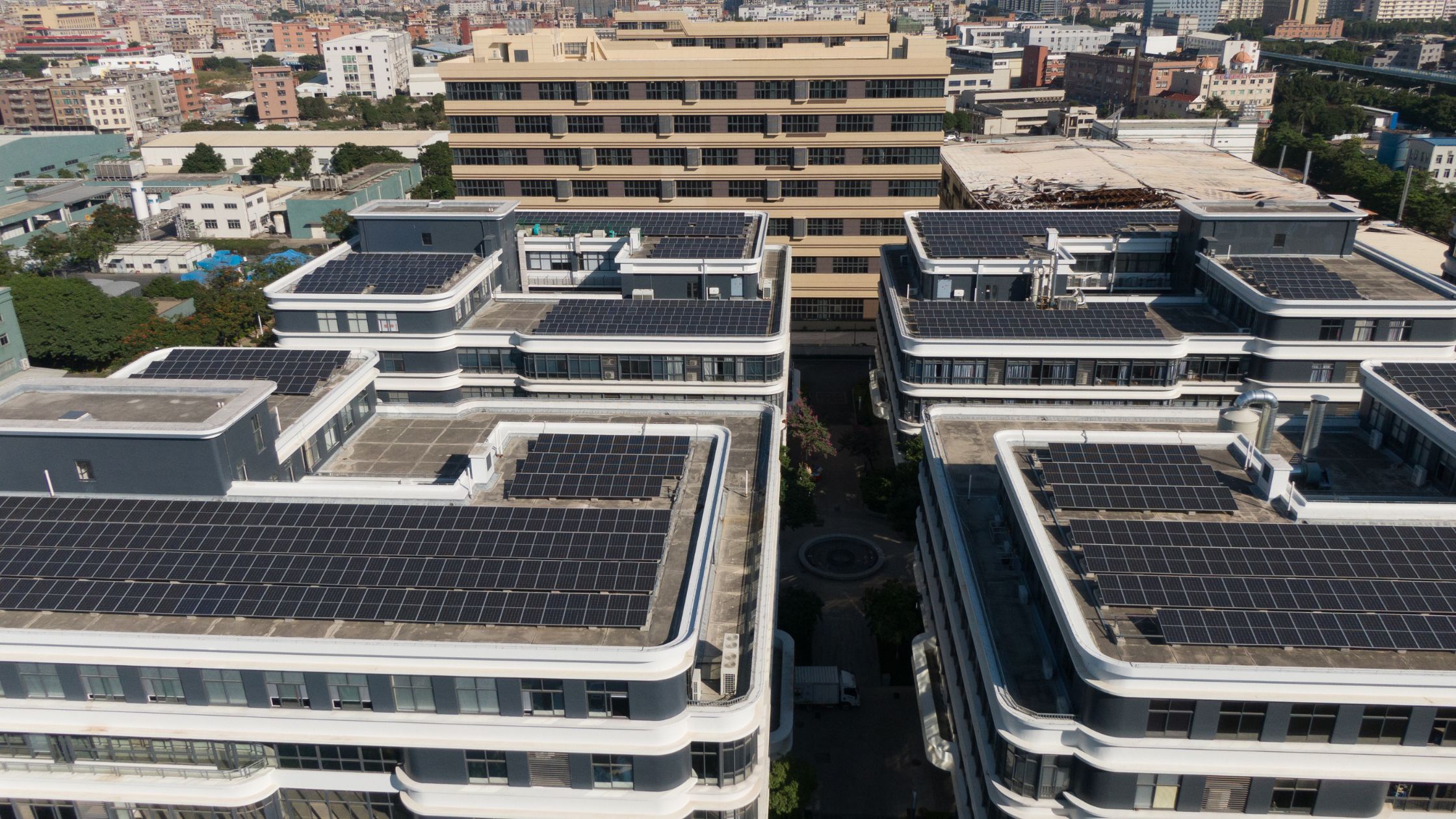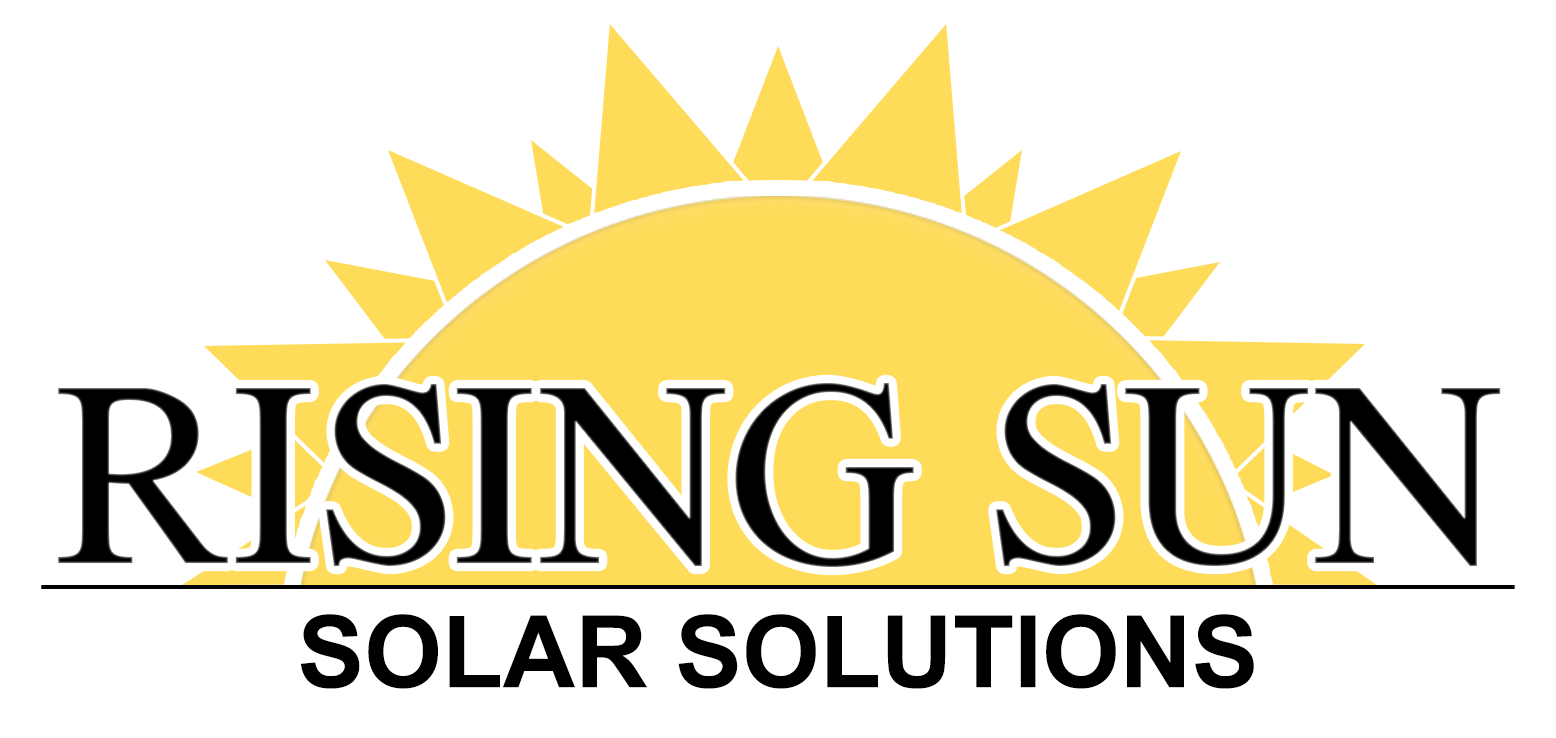Almost 19 GW of solar energy capacity has been added to U.S. business sites since June 2022. This is over double the amount of solar GW added in 2019. And a large part of this growth has to do with commercial solar installation.
In an era where sustainable practices and environmental consciousness have taken center stage, it is no surprise that commercial enterprises are turning their attention toward alternative energy solutions. Among these, solar panels have emerged as an important player, offering a range of advantages that go beyond ecological benefits.
If you are a business owner or building landlord who wants to step into the future of energy, then discover the advantages of integrating solar panels into your commercial building.
Find out how solar panels can benefit your business by improving operational efficiency, enhancing financial savings, and meeting corporate environmental goals in this article.
1. Reduced Energy Costs
One of the most compelling reasons for businesses to adopt solar panels is the substantial reduction in energy costs.
Solar energy provides an opportunity to generate electricity on-site, mitigating reliance on conventional, fossil-fuel-based sources. By tapping into the virtually unlimited energy resource that the sun provides, businesses can curtail their electricity bills, thereby improving their bottom line.
With solar panels, companies can shield themselves from the volatility of energy prices and invest in a sustainable, predictable source of power.
Solar panel technology has advanced significantly in recent years, leading to increased efficiency and greater energy output per square foot of installation. This means that even businesses with limited roof space can benefit from solar energy generation.
Community solar projects in Maryland also help business who lease office space to benefit from solar. They can now set up and use off-site solar energy generated from community solar farms without worrying about space issues.
Additionally, advancements in solar backup batteries and storage solutions allow businesses to store excess energy generated during peak sunlight hours. They can then use this power during periods of low solar activity or high energy demand. This further enhances the financial benefits by optimizing energy consumption patterns and reducing reliance on the grid.
2. Enhanced Return on Investment (ROI)
Investing in solar panels for commercial buildings is more than just an environmentally friendly endeavor; it is also a great financial decision.
The upfront costs of installing solar panels are offset by the long-term benefits they offer. Through various solar incentives such as tax credits and rebates, businesses can recoup a significant portion of their investment in a relatively short period. Moreover, as energy savings accumulate over the years, the ROI for solar panel installations becomes more attractive.
Furthermore, the lifespan of solar panels has increased, often reaching 25 to 30 years or more. This longevity ensures that businesses continue to reap the financial rewards well beyond the initial payback period. In fact, solar panels can continue to generate electricity at a reduced capacity even after their stated lifespan, offering additional value and prolonged financial benefits.
3. Boosted Property Value and Marketability
As commercial buildings embrace solar panels, they not only tap into the advantages of renewable energy but also experience a boost in property value and marketability.
The installation of solar panels enhances a building’s attractiveness to potential buyers and tenants, setting it apart in a competitive real estate market.
Properties equipped with solar panels exhibit a unique selling proposition, appealing to environmentally conscious investors, businesses, and individuals. Studies have shown that solar-equipped commercial properties command higher resale values compared to their non-solar counterparts. This value appreciation can prove to be a substantial advantage, especially for businesses considering long-term property ownership or investors aiming to maximize their real estate portfolio’s returns.
Moreover, solar-equipped buildings often enjoy increased market visibility, drawing attention from tenants and customers alike. Businesses that prioritize sustainability can use their solar initiatives as a marketing tool, positioning themselves as forward-thinking and environmentally responsible establishments. This marketing edge can translate into increased foot traffic, customer loyalty, and overall business growth.
4. Positive Brand Image and Corporate Social Responsibility
As society gravitates towards eco-conscious practices, businesses that embrace renewable energy solutions stand to benefit from a positive brand image.
By installing solar panels, commercial buildings demonstrate their commitment to environmental sustainability, contributing to a cleaner and greener future. This alignment with corporate social responsibility resonates with customers, clients, and stakeholders, potentially enhancing the company’s reputation and positioning it as a responsible industry leader.
Consumers are more inclined to support businesses that prioritize sustainable practices and demonstrate genuine concern for environmental issues. A commitment to solar energy not only appeals to ethically-conscious consumers but also attracts partnerships and collaborations with like-minded organizations. This can lead to expanded business opportunities and a more resilient market presence in the long run.
5. Energy Independence and Reliability
The integration of solar panels empowers businesses with a degree of energy independence. By producing their own electricity, commercial establishments become less reliant on external energy sources and the vulnerabilities that come with them.
This enhanced energy reliability safeguards operations, particularly during grid outages or disruptions. This resiliency not only ensures continued functionality but can also be critical for businesses in sectors where uninterrupted operation is paramount.
During natural disasters, grid failures, or other emergencies, businesses equipped with solar panels can continue to operate essential systems, maintain communication, and provide necessary services to their customers. This capability can make a significant difference in industries such as healthcare, telecommunications, and critical infrastructure, where an uninterrupted power supply is essential for public safety and well-being.
6. Long-Term Sustainability and Environmental Impact
Perhaps the most impactful advantage of solar panels for commercial buildings is the profound contribution to environmental sustainability.
Solar energy generation is clean, emitting no greenhouse gases or harmful pollutants. This environmental stewardship aligns with global sustainability goals and can have a lasting positive impact on the planet for generations to come.
The deployment of solar panels also contributes to the growth of the renewable energy industry, fostering job creation and economic development. As more businesses invest in solar energy solutions, the demand for skilled professionals in the installation, maintenance, and innovation of solar technologies increases. A growth in this job industry supports local economies and drives technological advancement.
Get Started With Your Commercial Solar Installation
Now that you know the benefits of commercial solar installation, you can begin the process of getting panels installed. Acting now, while the price of solar is at an all-time low, will allow you to take advantage of incentives that are set to expire as solar becomes a global imperative.
To find out how to get solar for your business, contact the professionals at Rising Sun Solar Solutions to get a free quote and site evaluation.

